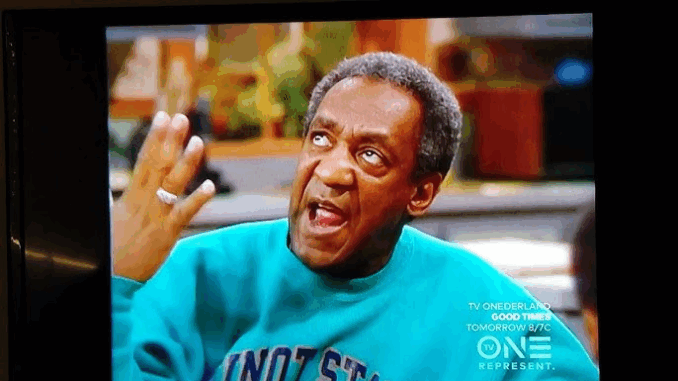
When The Cosby Show first aired in 1984, American television experienced a seismic shift. The sitcom, which followed the lives of the Huxtable family, did more than entertain—it challenged entrenched racial stereotypes and elevated the portrayal of Black families in mainstream media. Over its eight-season run, the show became a cultural landmark, sparking dialogues on race, representation, and identity that continue today.
A Revolutionary Portrayal of Black Life
Before The Cosby Show, African American characters on television were often relegated to roles shaped by economic hardship or comic relief. The Huxtables, however, were different. They were wealthy, educated, and deeply connected to their cultural roots. By centering a Black family in a setting typically reserved for white sitcoms, the show subtly but powerfully shifted societal expectations.
This portrayal resonated not just with Black audiences but with Americans of all backgrounds. It allowed viewers to see African American life through a lens of normalcy, complexity, and aspiration.
The Power of Representation
One of the show’s most profound contributions was its impact on young viewers. For Black children, seeing characters who looked like them excelling as doctors, lawyers, and college students was nothing short of affirming. For others, the show served as an introduction to African American culture that was respectful, authentic, and layered.
Moreover, The Cosby Show influenced the television landscape itself. It paved the way for series like Family Matters, The Fresh Prince of Bel-Air, Black-ish, and even dramatic portrayals like This Is Us and Queen Sugar, which owe a debt to the groundwork laid by the Huxtables.
A Dual Legacy in the Post-Cosby Era
The downfall of Bill Cosby amid numerous allegations of sexual misconduct has complicated the show’s legacy. What was once seen as a beacon of progress is now viewed through a darker, more conflicted lens. While Cosby’s personal actions cannot be ignored, many critics argue that the cultural contributions of the show—and its ensemble cast—deserve recognition independent of his crimes.
This duality reflects a broader challenge in our culture: how to honor important art that emerges from deeply flawed individuals. It’s a question that continues to resonate across music, film, and literature.
Enduring Influence
Decades after its final episode aired in 1992, The Cosby Show continues to shape discussions around diversity in media. University courses still examine it for its social and historical impact. Creators of color cite it as a foundational influence. And for many who grew up watching the Huxtables, the show remains a nostalgic touchstone.
Ultimately, The Cosby Show is a reminder of television’s power—not only to entertain, but to shape culture, shift perceptions, and ignite change.
